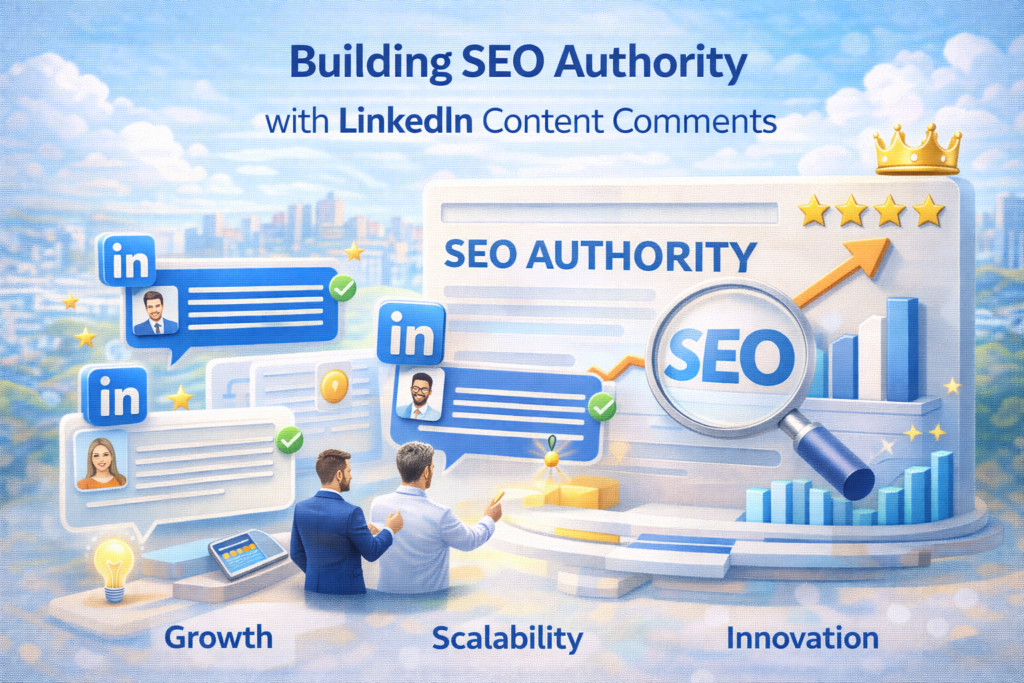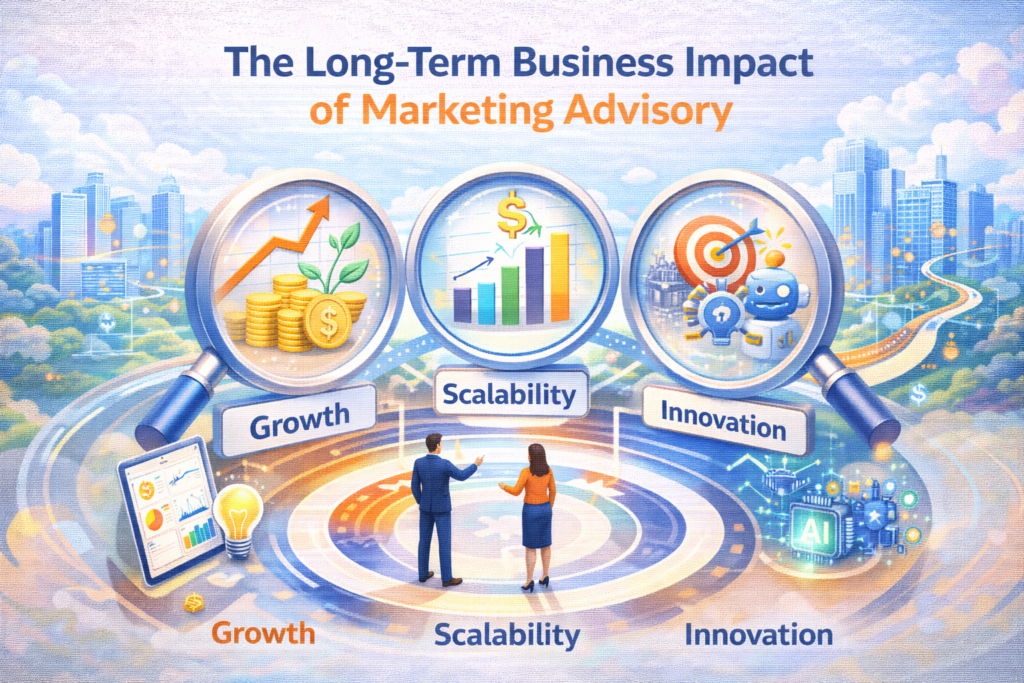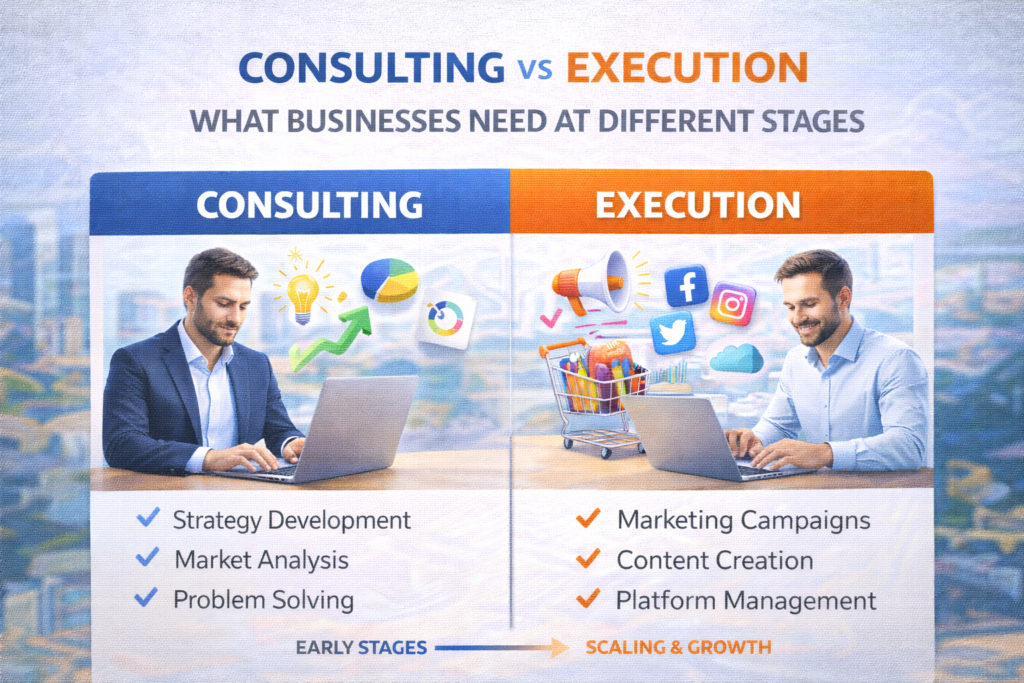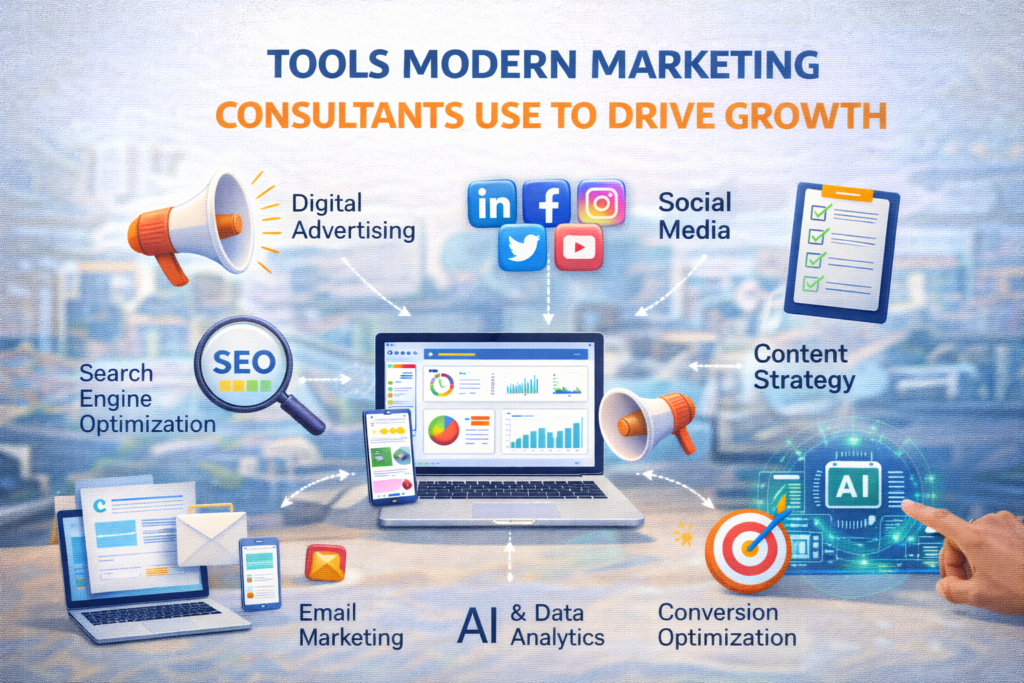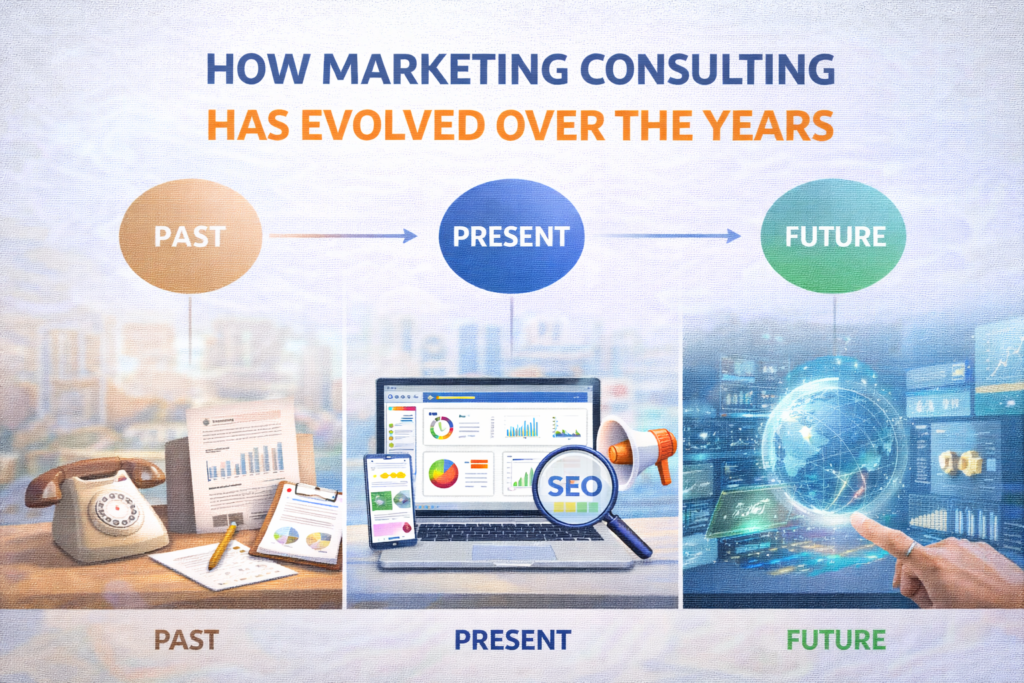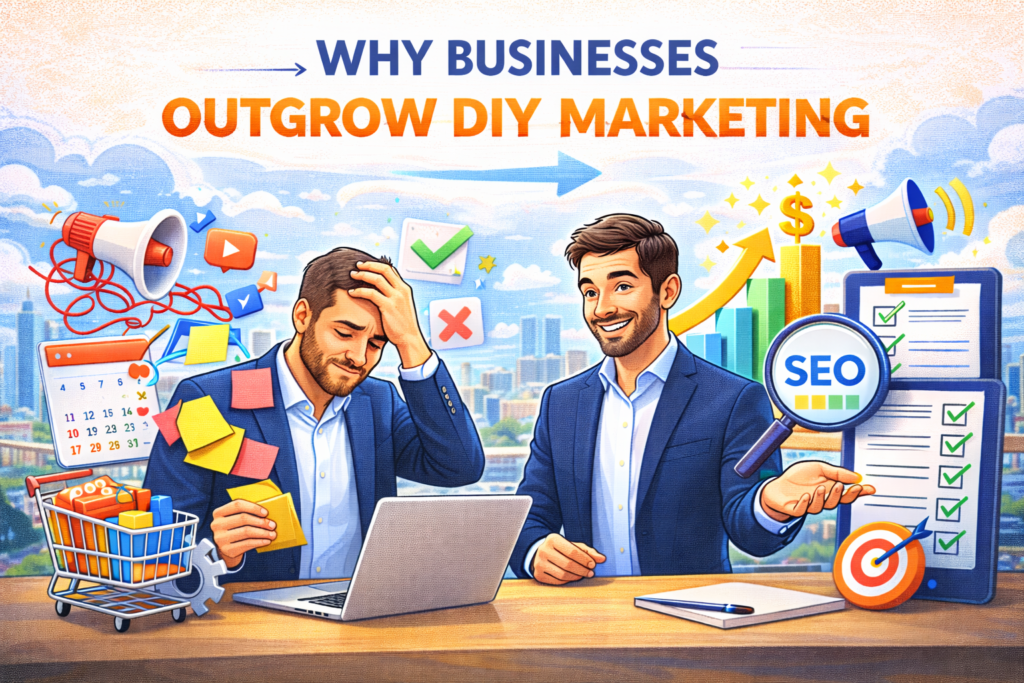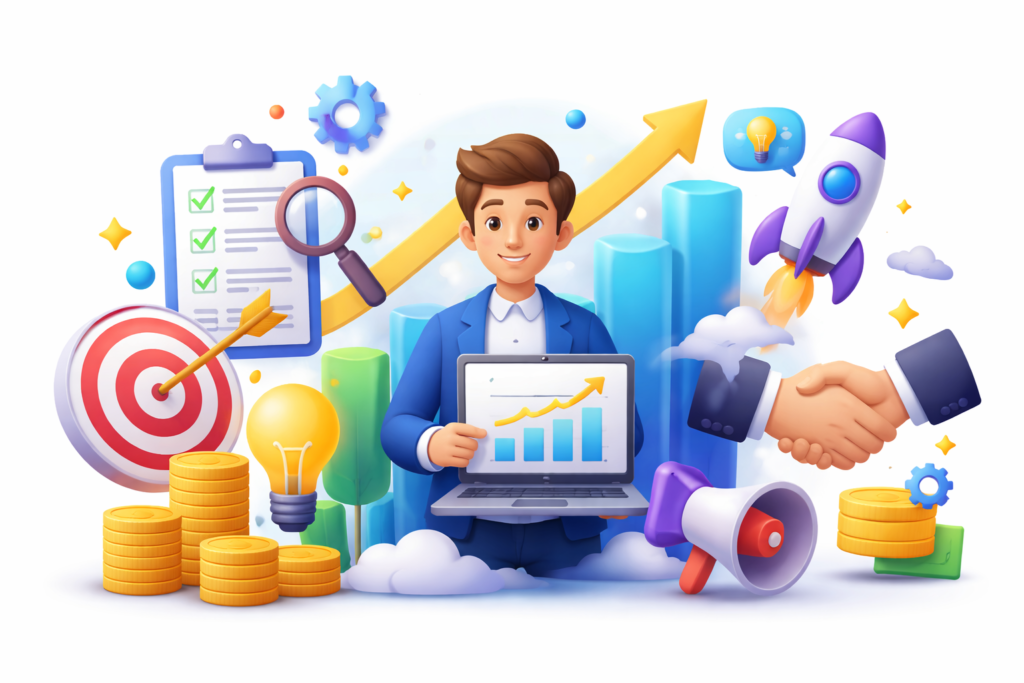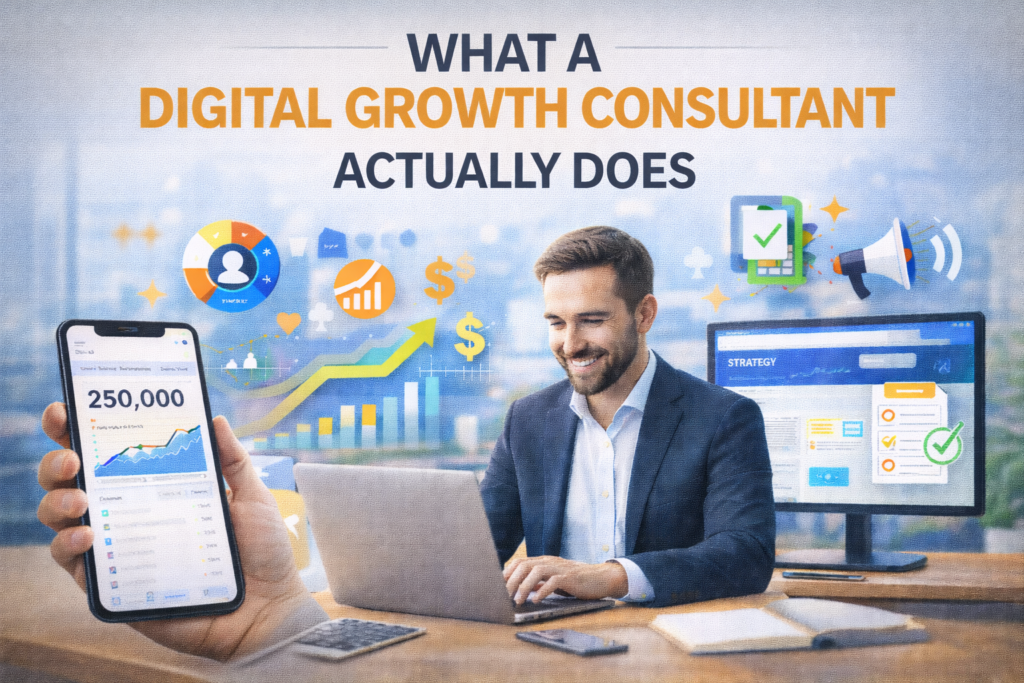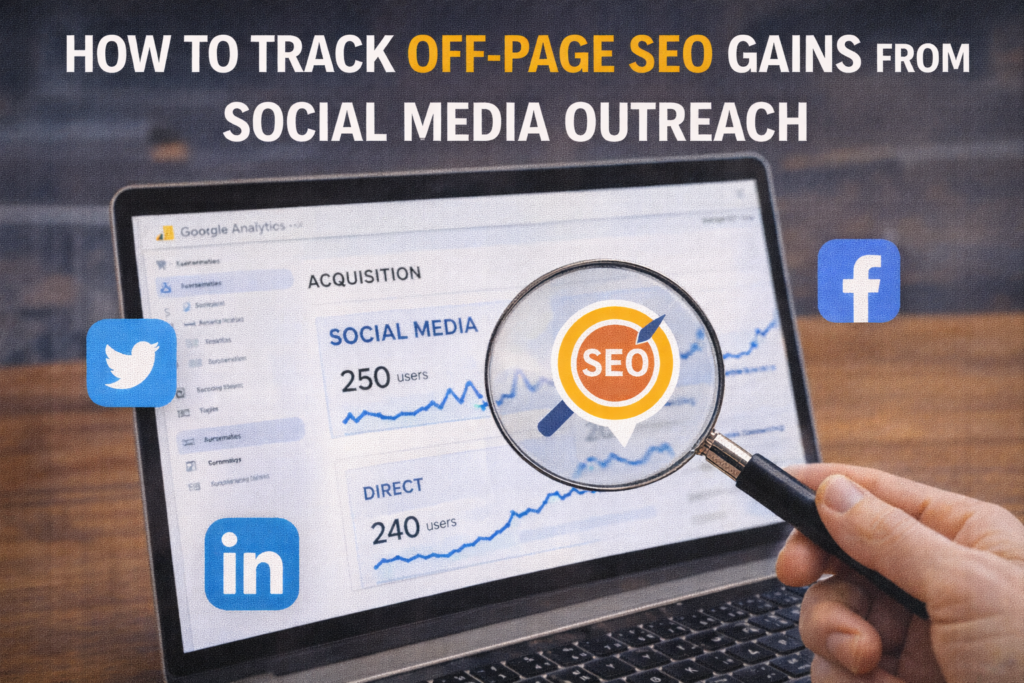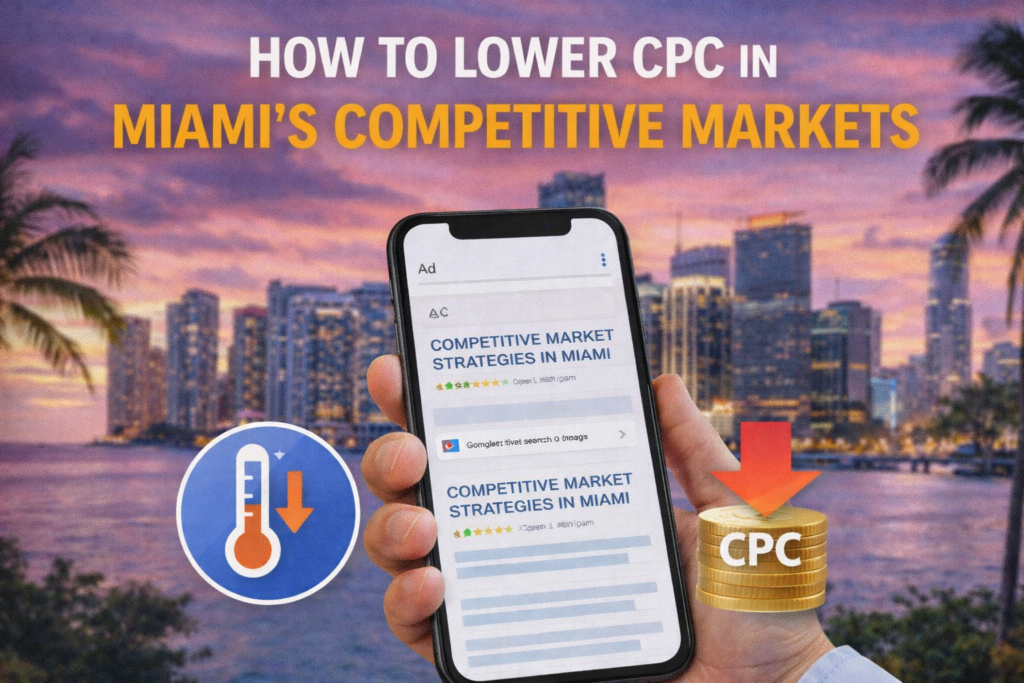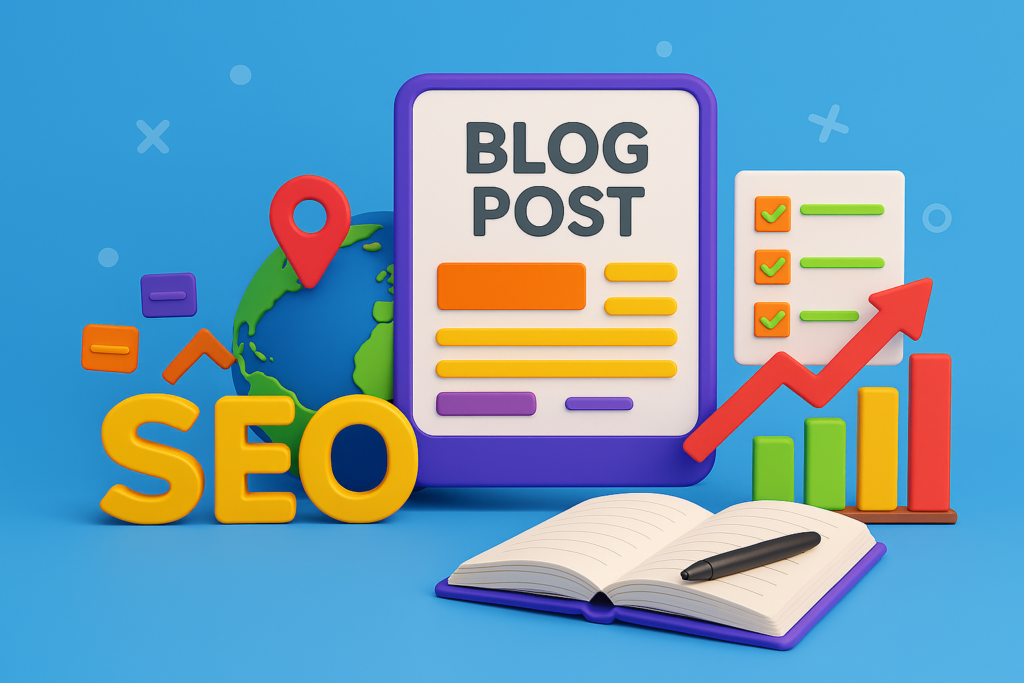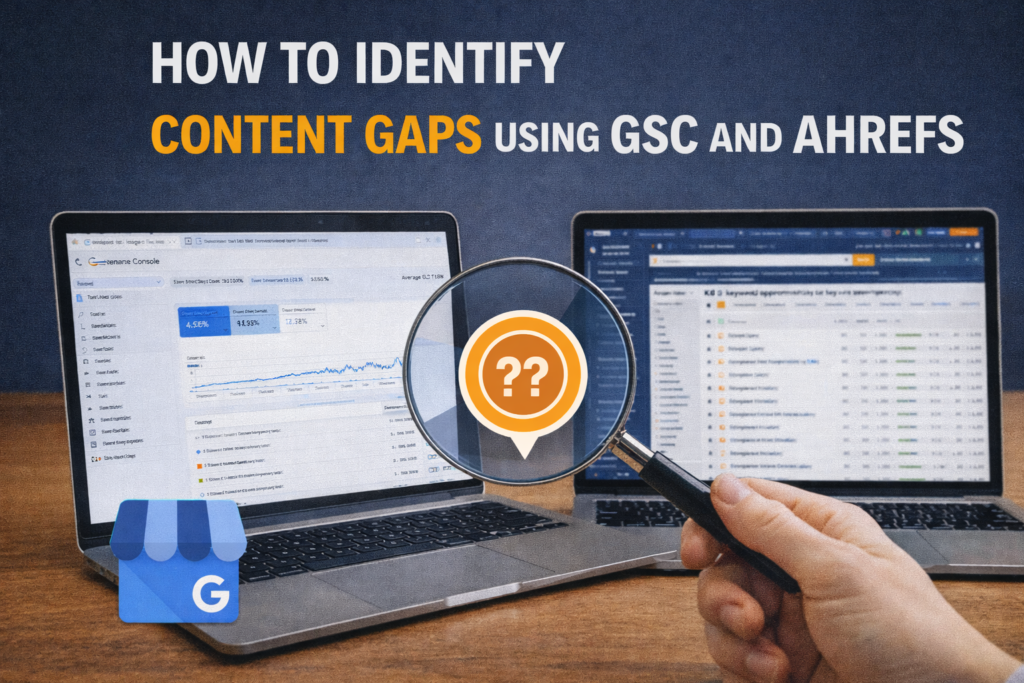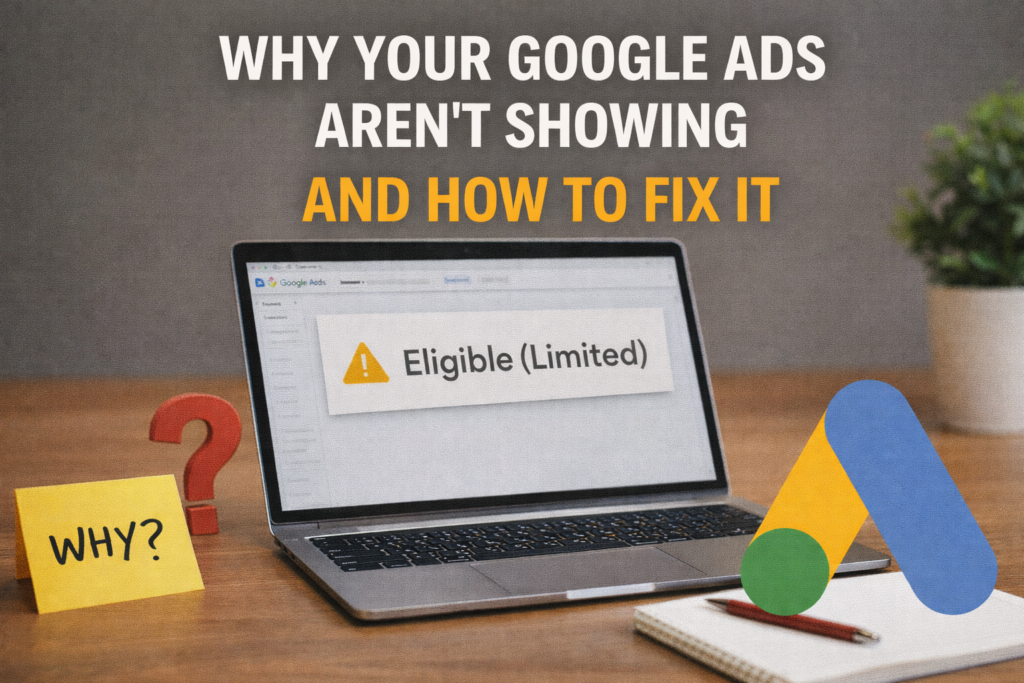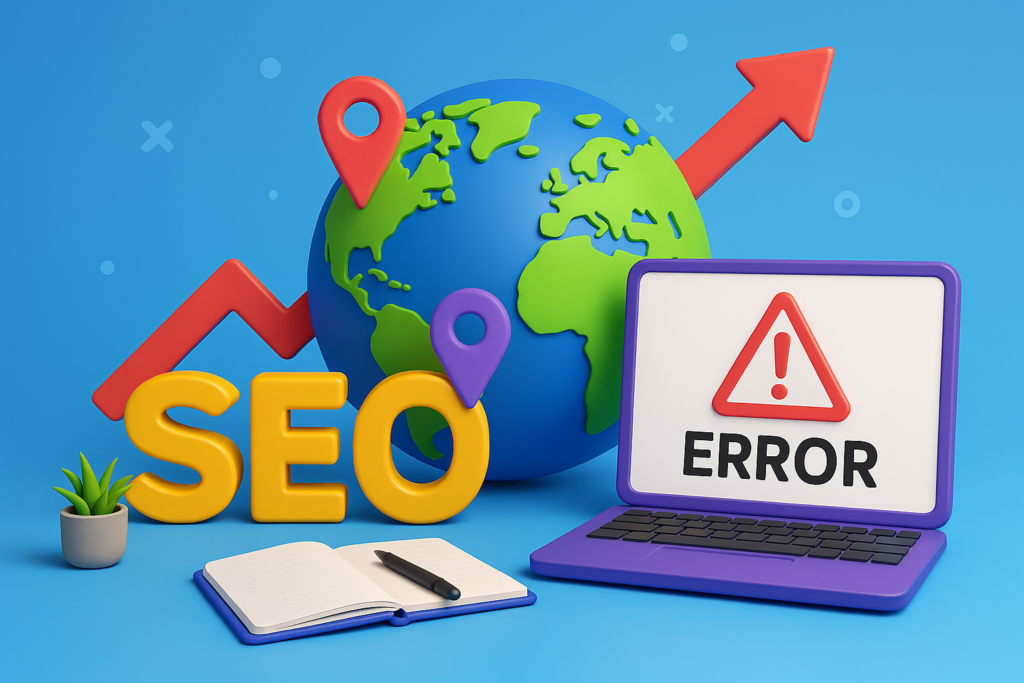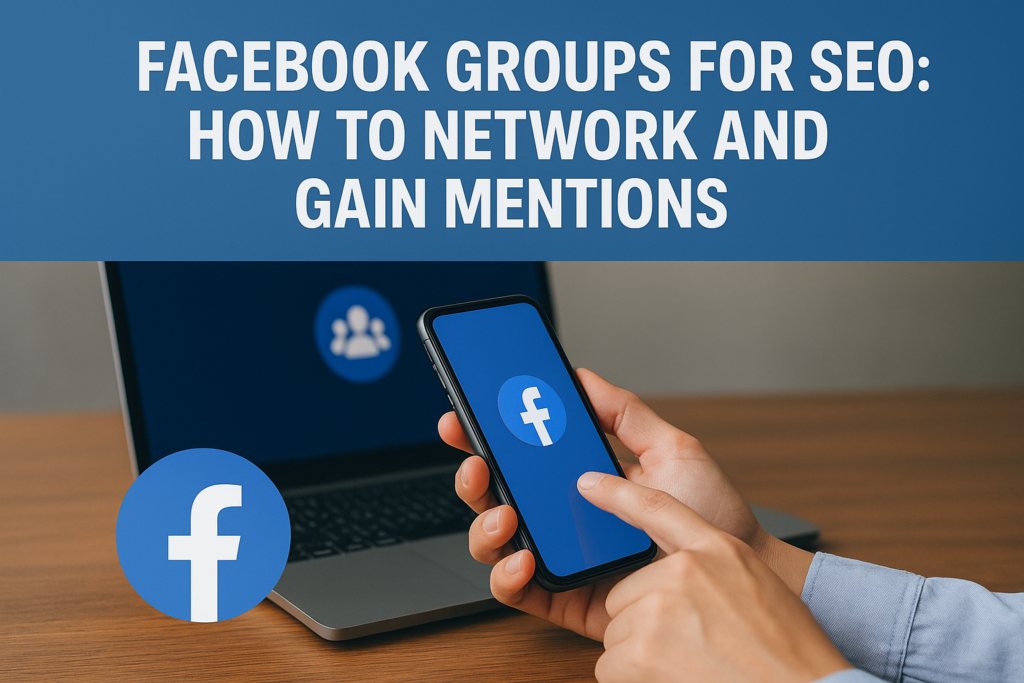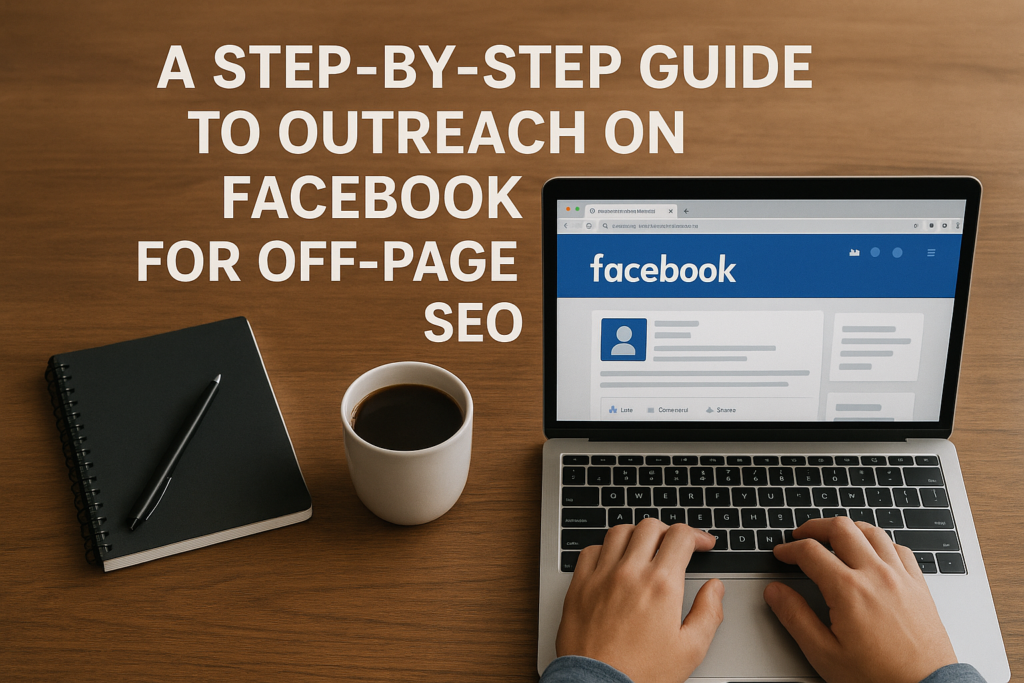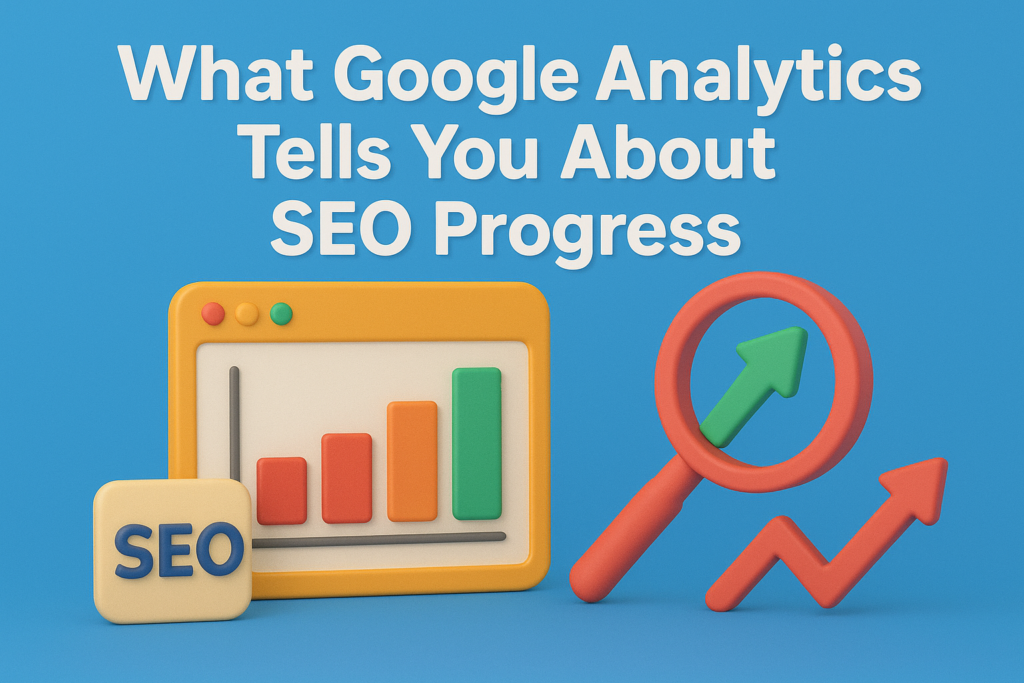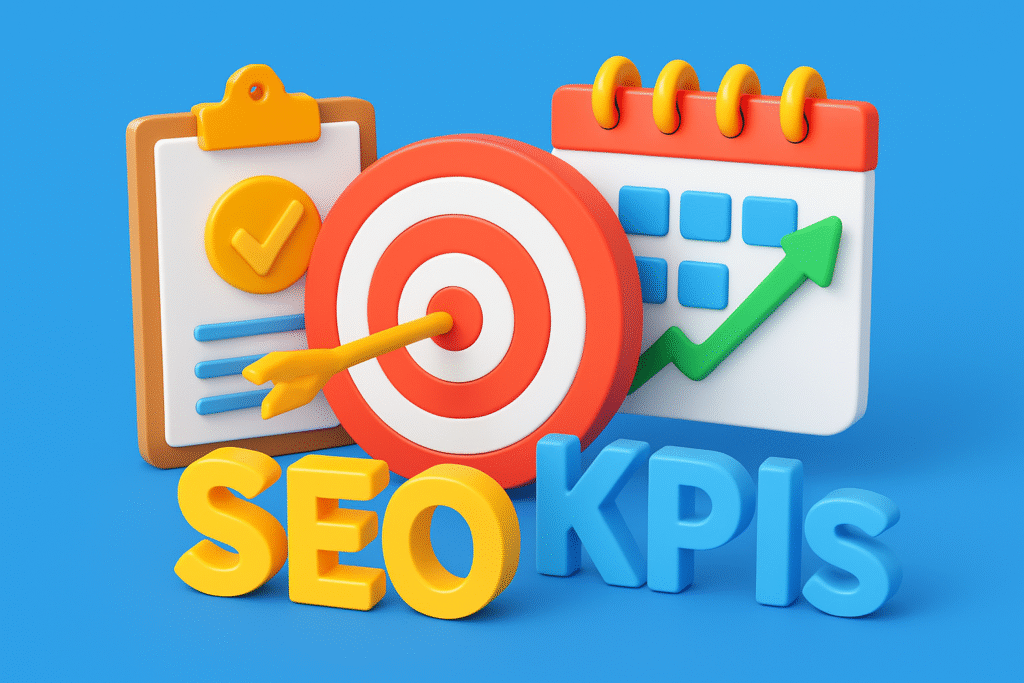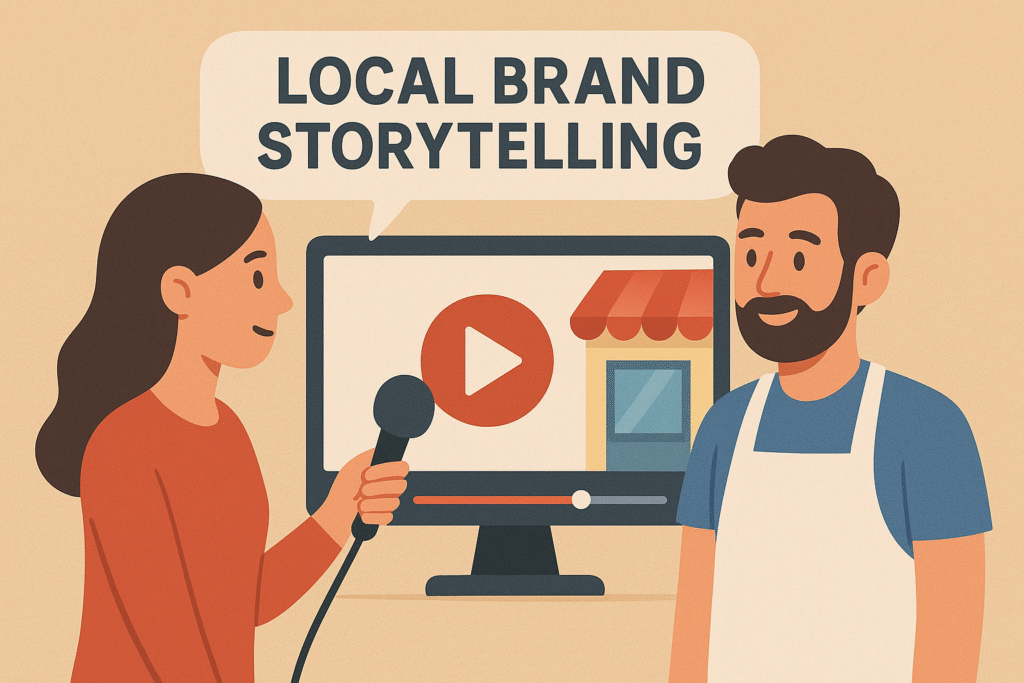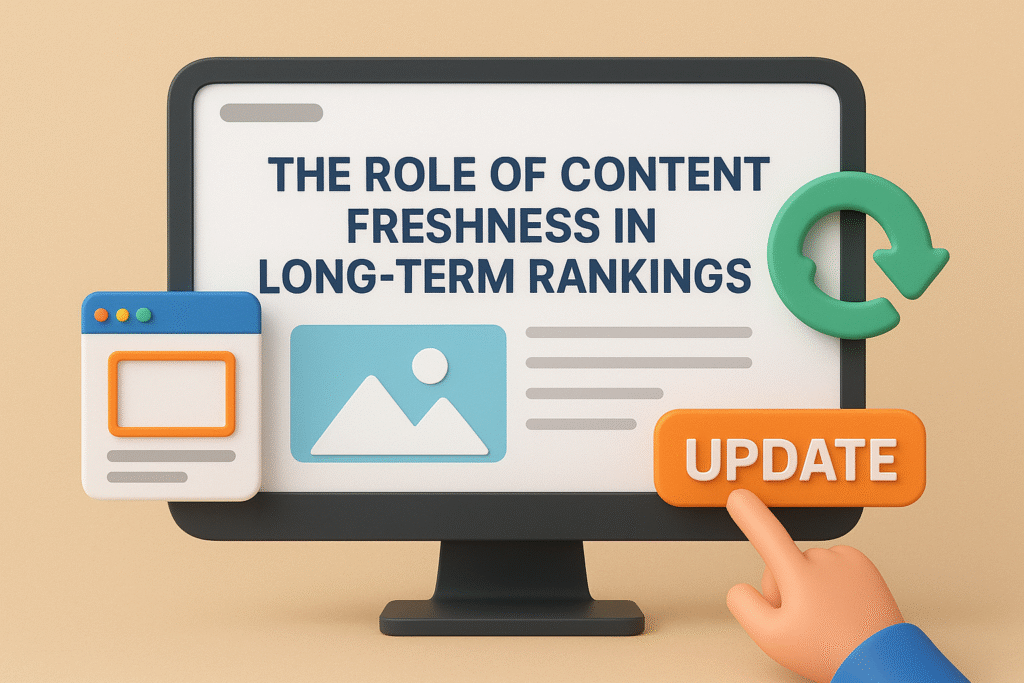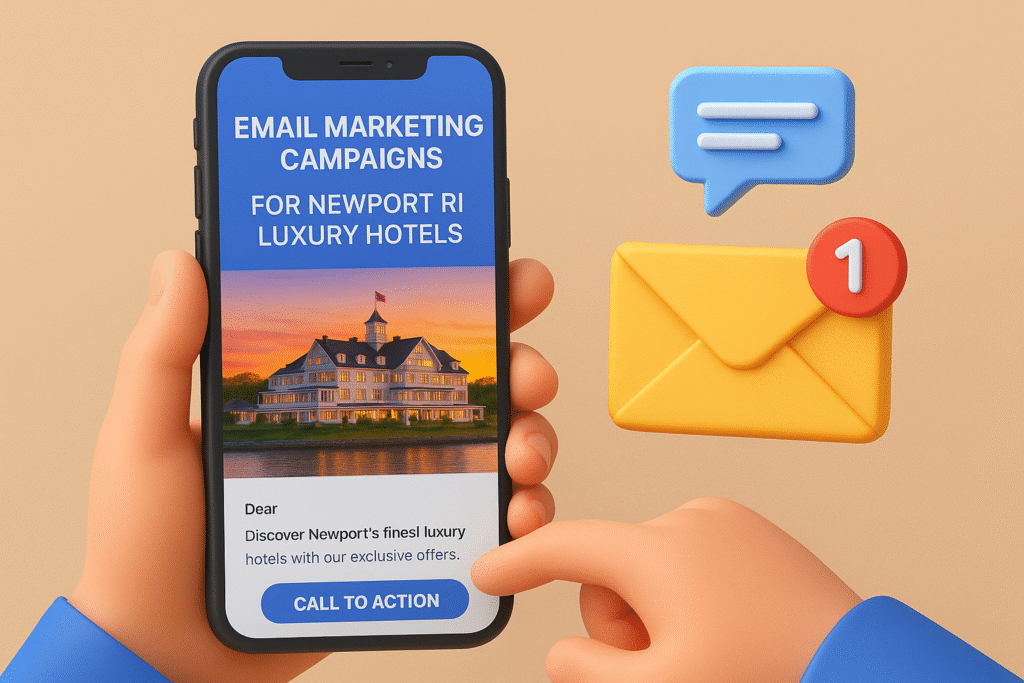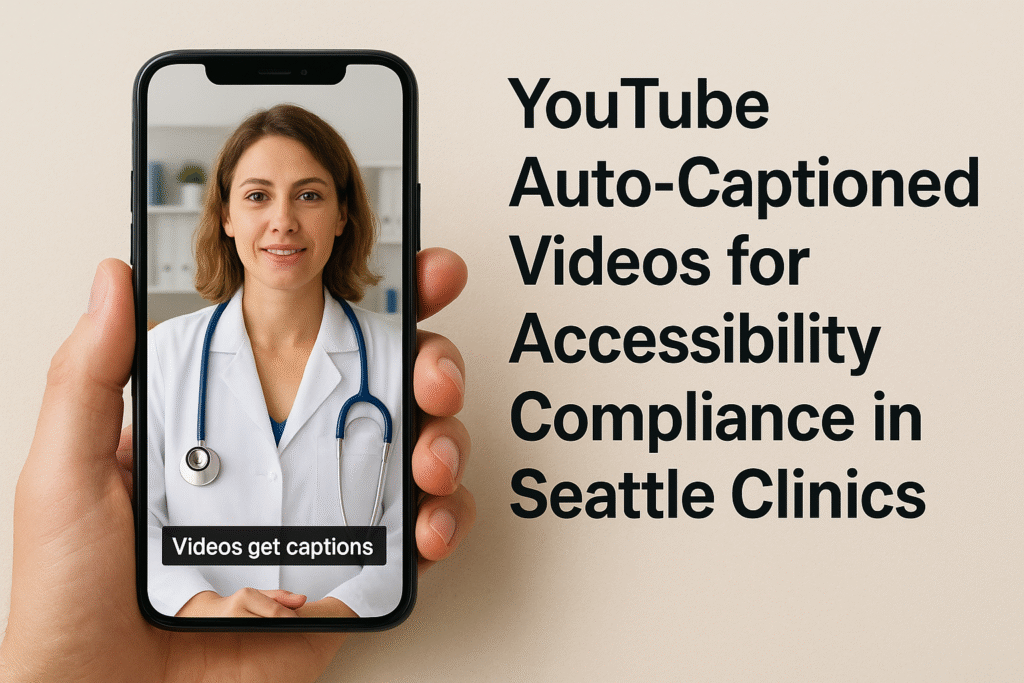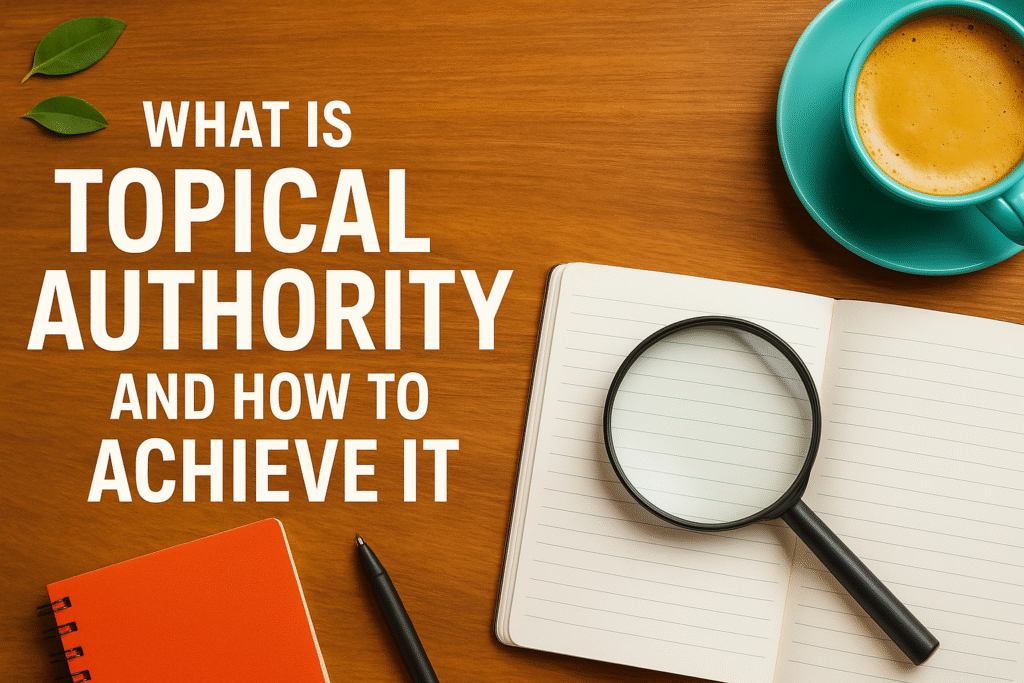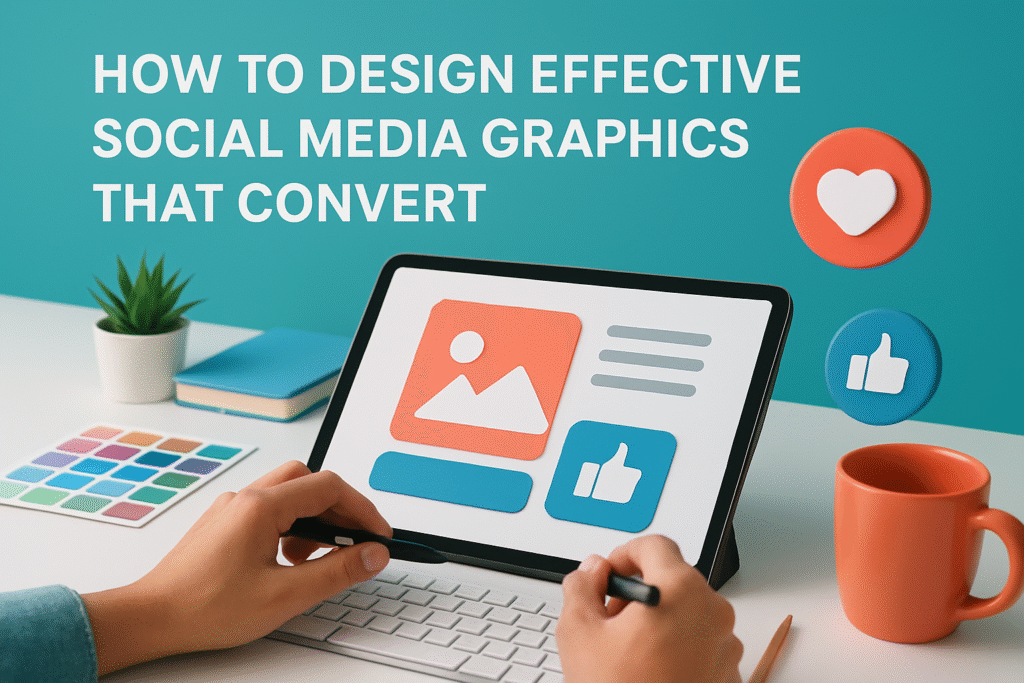Social media has become an integral part of our daily lives, allowing us to connect and communicate with others easily. However, the excessive use of social media can adversely impact Social Media Mental Health. In this article, we will explore how social media affects mental health and provide tips for maintaining a healthy relationship with social media.
Introduction
Social media is a platform that allows individuals to create, share and engage in online content. It has become an indispensable part of modern society, with billions of users worldwide. However, recent research has suggested that excessive social media use can negatively affect mental health.
How Social Media Affects Mental Health
Increased Risk of Depression and Anxiety
Research has shown that the use of social media can increase the risk of depression and anxiety. This is due to the constant comparison to others that social media encourages, which can lead to feelings of inadequacy and low self-esteem. Furthermore, social media exposes us to overwhelming negative news and events, which can be emotionally draining.
Addiction and Poor Sleep Habits
Social media is highly addictive, releasing dopamine when we receive notifications or engagement on our posts. This can lead to an unhealthy relationship with social media, resulting in poor sleep habits due to constant scrolling and checking for updates. Lack of sleep has been shown to affect mental health, including depression and anxiety, negatively.
Cyberbullying and Harassment
Cyberbullying and harassment are prevalent on social media platforms. This can significantly negatively impact mental health, including anxiety and depression. Furthermore, the anonymity of social media can lead to individuals being targeted by hate speech and trolling.
Body Image and Eating Disorders
Social media has been shown to impact body image and self-esteem significantly. Exposure to unrealistic beauty standards can lead to a negative body image and an increased risk of developing eating disorders. Social media also encourages comparison, leading to feelings of inadequacy and low self-esteem.
FOMO and Social Comparison
Fear of missing out (FOMO) and social comparison are two significant adverse effects of social media on mental health. FOMO is the feeling that you are missing out on events or experiences that others are having. This can lead to anxiety and depression. Social comparison is the comparison of ourselves to others on social media, which can lead to feelings of inadequacy and low self-esteem.
Tips for Maintaining a Healthy Relationship with Social Media
Set Boundaries and Limit Use
Setting boundaries and limiting the use of social media is essential to maintaining a healthy relationship with social media. This includes setting specific times for checking social media, deleting social media apps from your phone, and avoiding using social media before bedtime.
Engage in Offline Activities
Engaging in offline activities is a great way to maintain a healthy relationship with social media. This includes hobbies and interests outside of social media, spending time with friends and family in person, and taking breaks from social media to enjoy other activities.
Unfollow Negative Influencers and Pages
Curating a positive social media feed is essential to maintaining a healthy relationship with social media. This includes unfollowing negative influencers and pages that promote unrealistic beauty standards or harmful content. Instead, follow accounts that encourage positivity and mental health awareness.
Practice Self-Care
Practicing self-care is essential to maintaining good mental health. This includes engaging in mindfulness practices, such as meditation and yoga, incorporating self-care into daily routines, and prioritizing mental health and self-care.
Conclusion
In conclusion, social media has become an essential part of our lives, but it is crucial to recognize its potential negative impact on our mental health. From increased risk of depression and anxiety to cyberbullying and poor sleep habits, social media can harm our well-being. However, by setting boundaries, engaging in offline activities, unfollowing negative influencers and pages, and practicing self-care, we can maintain a healthy relationship with social media and protect our mental health.
It is essential to recognize that social media is not inherently good or bad; our relationship with it determines our mental health. By being mindful of our social media use and prioritizing our mental health, we can continue to enjoy the benefits of social media without sacrificing our well-being.
FAQs
- How can social media negatively affect mental health?
- Social media can increase the risk of depression and anxiety, addiction and poor sleep habits, cyberbullying and harassment, negative body image and eating disorders, and FOMO and social comparison.
- How can I maintain a healthy relationship with social media?
- Set boundaries, limit, engage in offline activities, unfollow negative influencers and pages, and practice self-care.
- Can social media have positive effects on mental health?
- Social media can provide social support, connection, and access to mental health resources and information.
- How can I support a friend who struggles with social media’s adverse effects on their mental health?
- Listen to them, validate their feelings, encourage them to seek professional help, and offer support and resources.
- Is it possible to eliminate social media’s adverse effects on mental health?
- While it may be difficult to avoid the adverse effects of social media, we can minimize the impact on our well-being by being mindful of our use and prioritizing our mental health.


